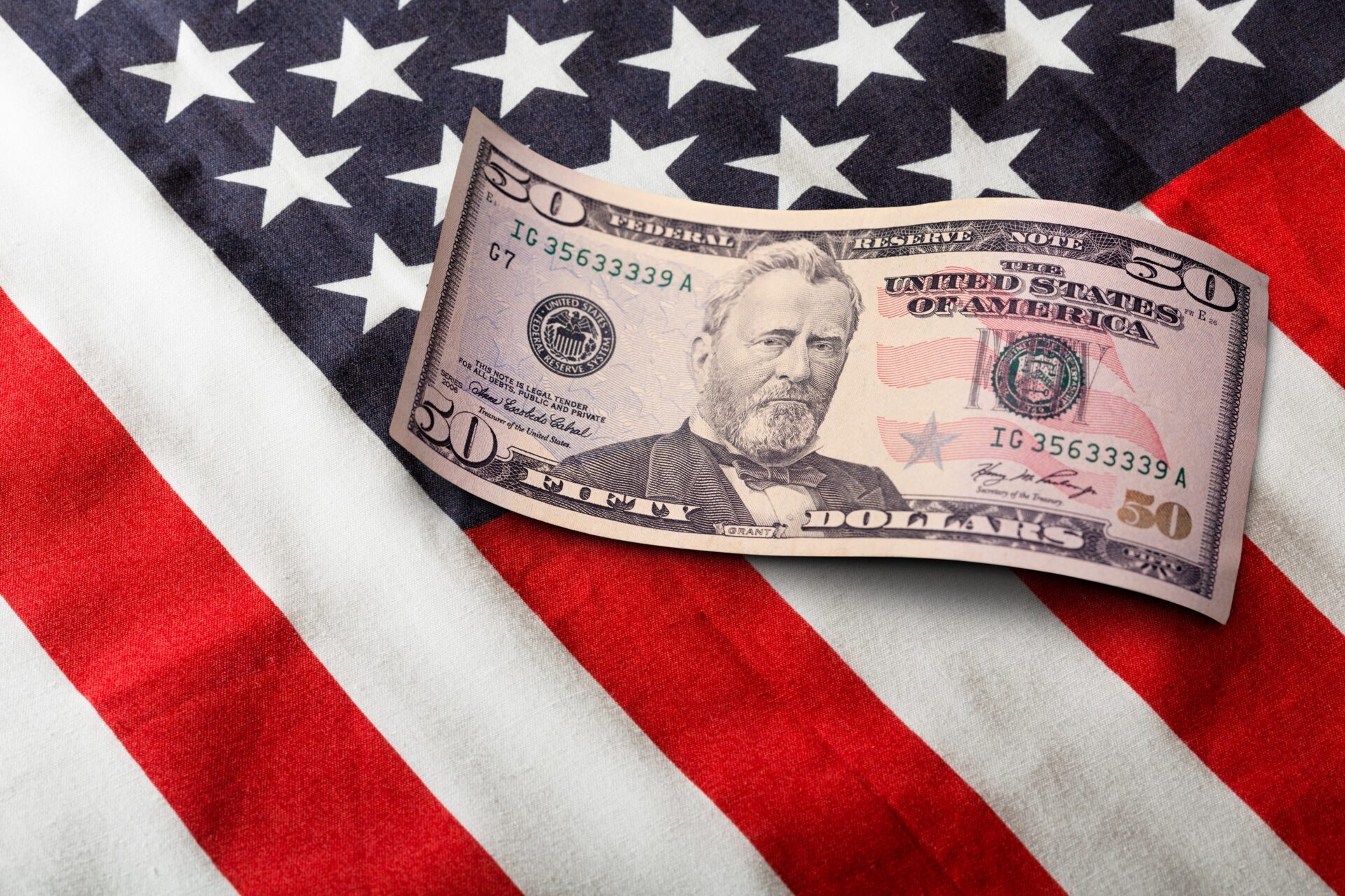There’s more to glean from a candidate’s campaign financial reports than the amount of money raised. Who and where the contributions come from can be a reason for voter alerts.
Third quarter campaign finance reports in the West Virginia governor’s race show the four leading candidates, all Republican, raised nearly $1.2 million combined. Attorney General Patrick Morrisey accounted for nearly half that amount.
Marybeth Beller, Marshall University associate professor of Political Science, looked closely at in-state versus out-of-state contributions. She noted that of the two front-runners, 57 percent of Del. Moore Capito’s donations came from West Virginia donors, while 83 percent of Morrisey’s donors come from out-of-state. Beller said voters should pay attention to that.
“Voters need to really be wary, no matter who the candidate is, if the bulk of that candidate’s support is coming from outside the state,” Beller said. “What did those out-of-state interests have? And what are they trying to get from the gubernatorial position in West Virginia?”
The quarterly reports list donors that have given contributions under $250. Each donation is counted separately, creating multiple donations from single sources.
Beller noted that among the four leading candidates, businessman Chris Miller had 78 donations under $250, with just four multiple donations.
Secretary of State Mac Warner listed 281 individuals donating under $250 with 17 multiples. Capito had 322 individual donations with 25 multiple donors.
Morrisey reported 21,990 individual donations, with most from donors that contributed small amounts multiple times. Beller said this counting system can skew campaign ads.
“Morrisey can say in his ads that he has nearly 22,000 people contribute individual donations,” Beller said. “What would be misleading is for the audience to think that that meant they were individual donors. Most of those are recurring donations.”
Beller said that unlike his competitors, where most contributors list their address and occupation, the bulk of Morrisey’s contributors are unidentified.
“I would urge the Secretary of State’s office to really investigate those disclosures,” Beller said. “I think the public deserves to know where these contributions are coming from for all of the candidates.”
